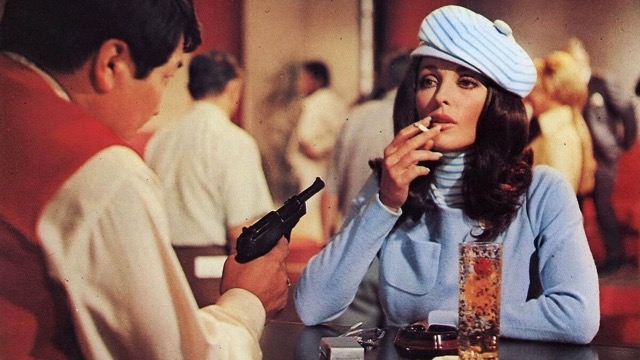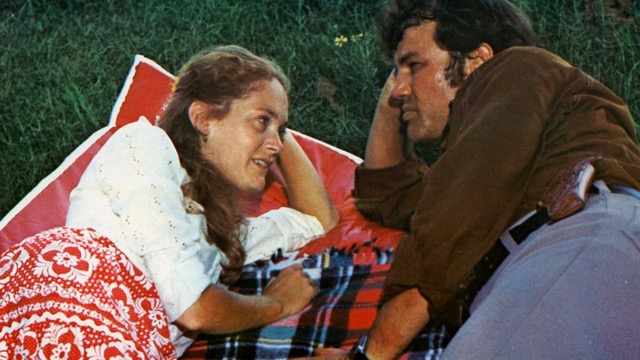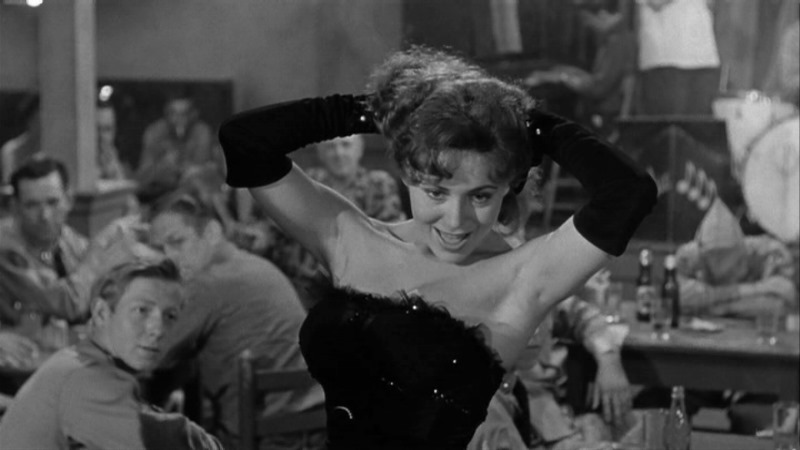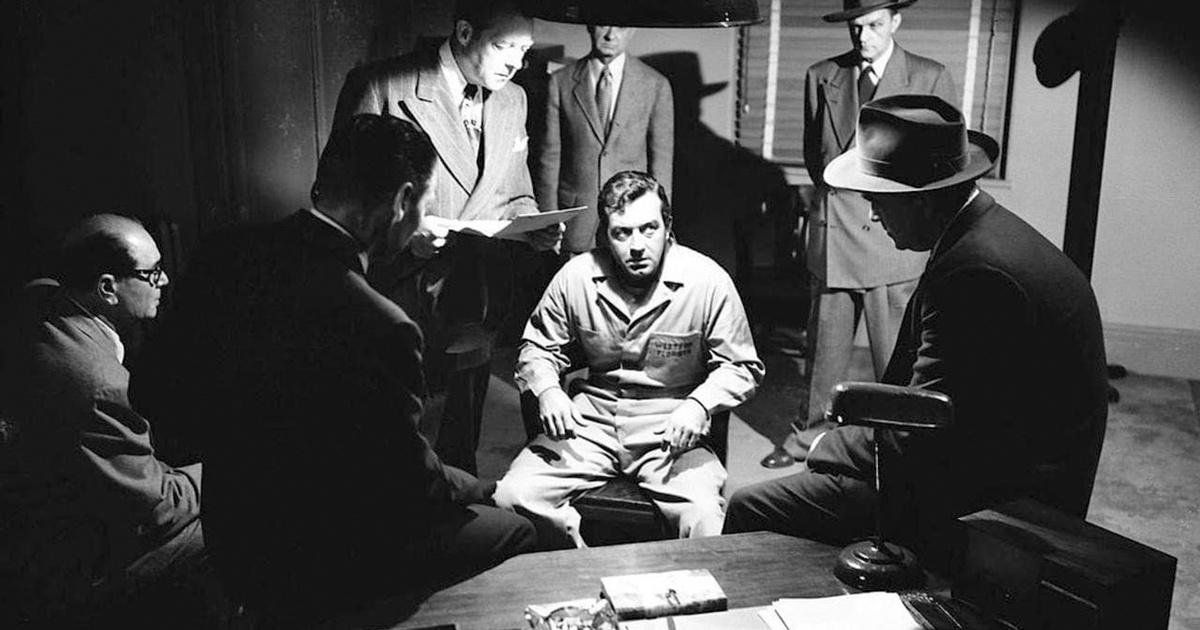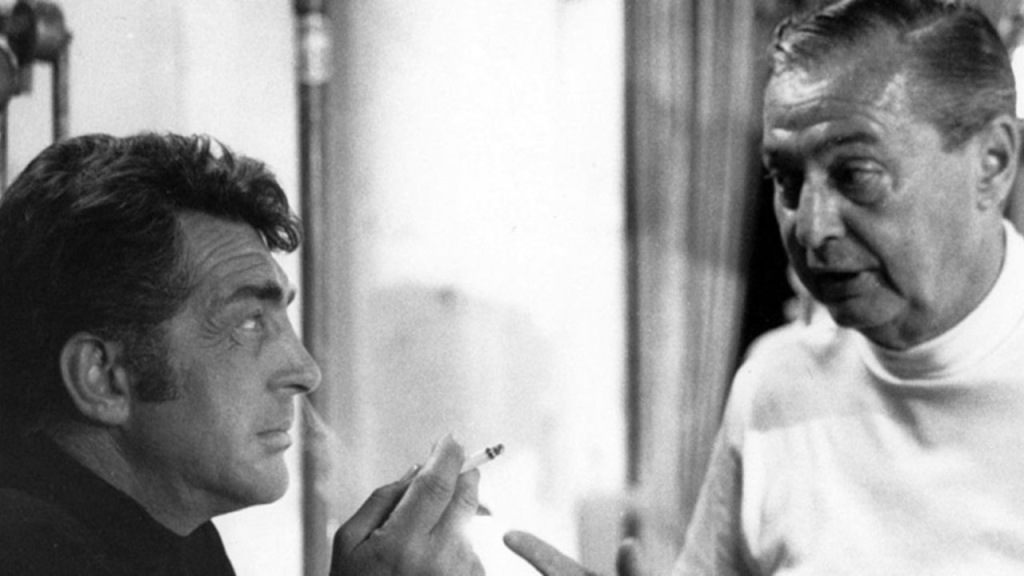Phil Karlson was an American film director known for his distinctive contribution to the film noir and action genres during the mid-20th century. His knack for crafting taut, gritty narratives set him apart in Hollywood, with films like The Phenix City Story and Kansas City Confidential showcasing his adeptness at blending suspense with stark realism. Karlson’s directorial style was marked by its raw energy and unflinching portrayal of violence and corruption, making him a pivotal figure in the evolution of film noir and crime cinema.
Karlson’s career began in B-movies and quickly progressed as he honed his distinctive style. His early work involved directing action-packed serials and low-budget films, which provided a solid foundation for his storytelling techniques and visual style. This period was crucial for developing his ability to convey complex stories with limited resources, setting the stage for his later, more ambitious projects. Karlson’s breakthrough came with films like Kansas City Confidential, where he began to gain recognition for his skill in creating tense, engaging narratives. His success continued into the 1950s and 1960s, with notable films like The Phenix City Story, which combined documentary-style realism with film noir, further cementing his reputation as a master of the genre.
Karlson’s films often explored the underbelly of society and the moral ambiguity of characters, a theme emblematic of the noir genre. He possessed an adeptness for creating tension and suspense, utilising tight framing and close-ups to bring audiences into intimate proximity with the emotional landscape of the characters. In Kansas City Confidential, for example, he crafts a tense, intricate narrative revolving around a heist, underscoring themes of identity, betrayal, and redemption while offering a gritty portrayal of crime and its aftermath.
Moreover, Karlson’s approach to filmmaking was characterised by a fascination with the concept of justice, often pitting lone protagonists against corrupt systems or individuals. His characters, although flawed, often possess a relentless determination to achieve justice, reflecting the director’s interest in exploring the complexities of human nature and morality. Walking Tall, one of his later works, encapsulates this, telling the story of a man fighting against corruption in his town, a narrative that echoes the struggle for individual justice against institutional failure, making it both a compelling drama and a subtle social commentary.
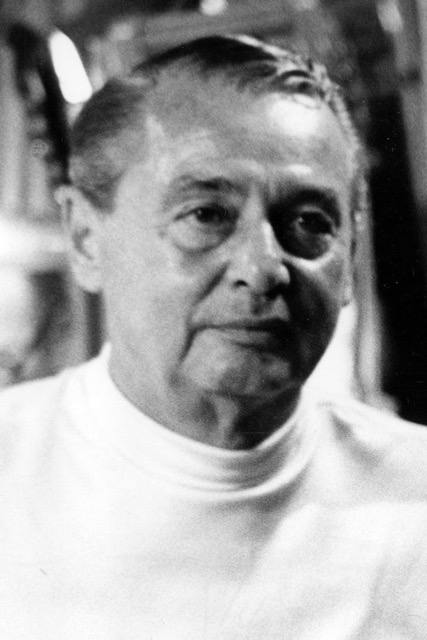
Phil Karlson (1908 – 1982)
Calculated Films:
- Kansas City Confidential (1952)
- 99 River Street (1953)
Similar Filmmakers
- Anthony Mann
- Budd Boetticher
- Don Siegel
- Felix E. Feist
- Fritz Lang
- Gordon Douglas
- Ida Lupino
- Irving Lerner
- Jacques Tourneur
- Joseph H. Lewis
- Jules Dassin
- Lesley Selander
- R.G. Springsteen
- Richard Fleischer
- Robert Aldrich
- Robert Siodmak
- Roy Ward Baker
- Samuel Fuller
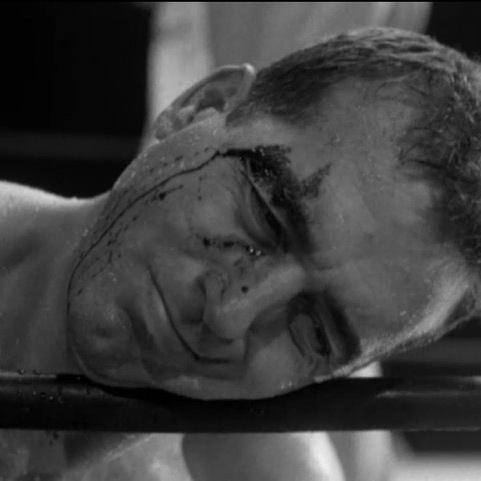
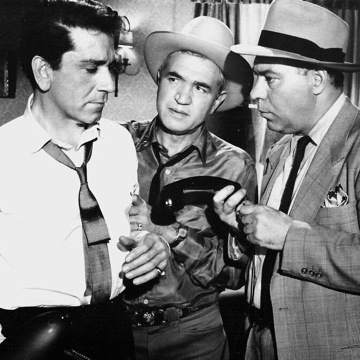
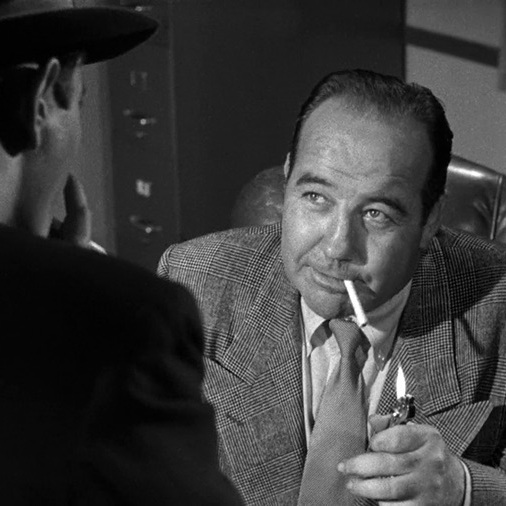
Phil Karlson‘s Top 5 Films Ranked
1. Scandal Street (1952)
Genre: Film Noir, Crime
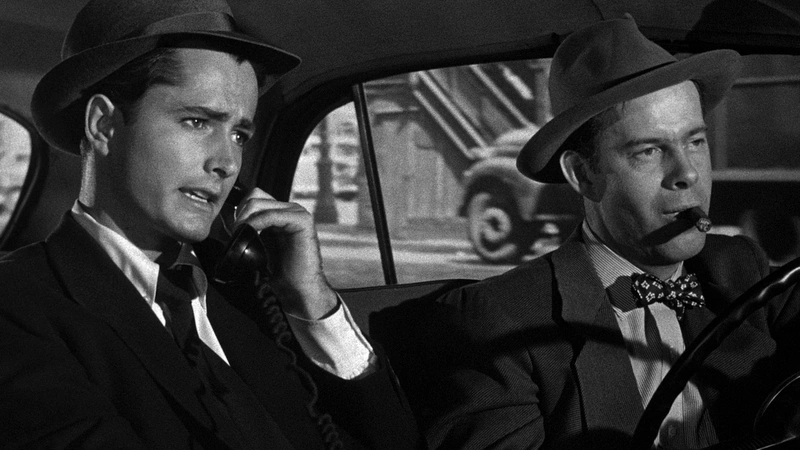
2. 99 River Street (1953)
Genre: Film Noir, Crime
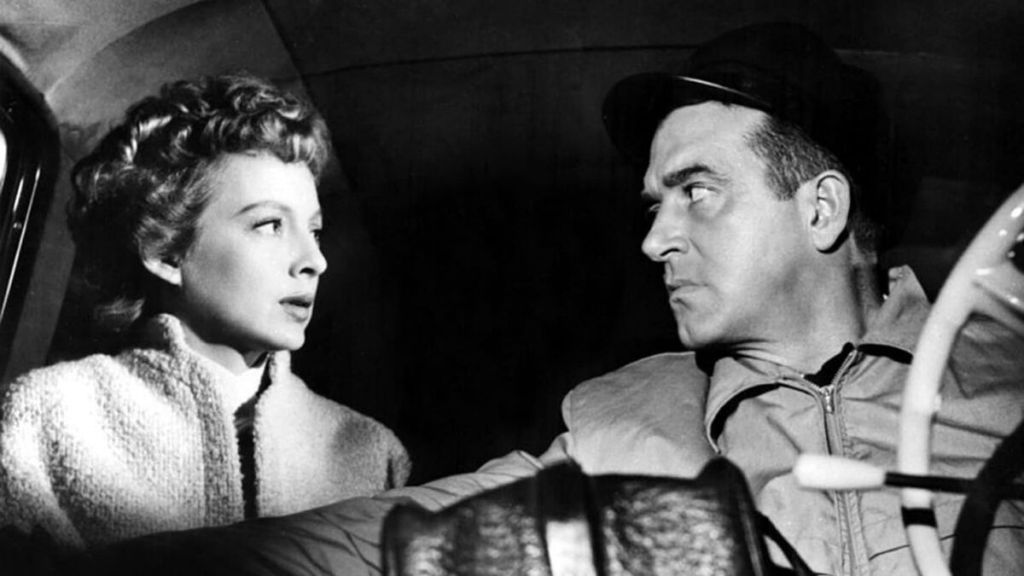
3. Kansas City Confidential (1952)
Genre: Film Noir, Crime
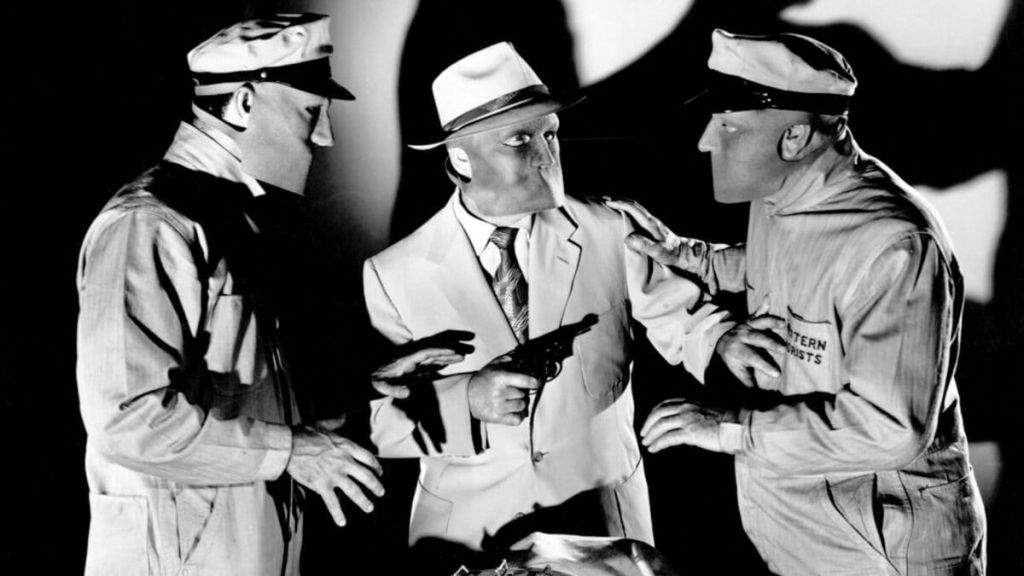
4. The Phenix City Story (1955)
Genre: Film Noir, Crime
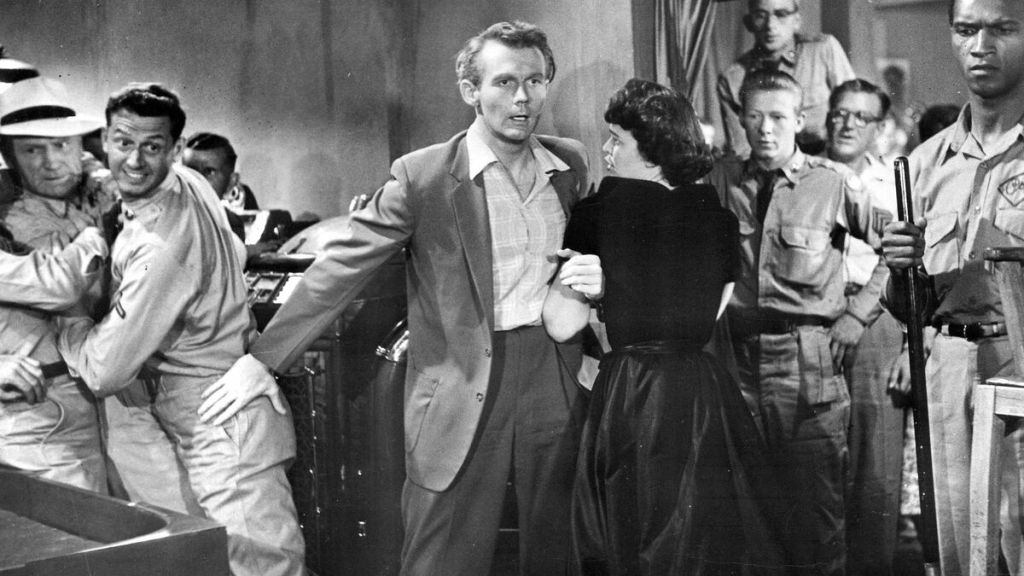
5. Gunman’s Walk (1958)
Genre: Western
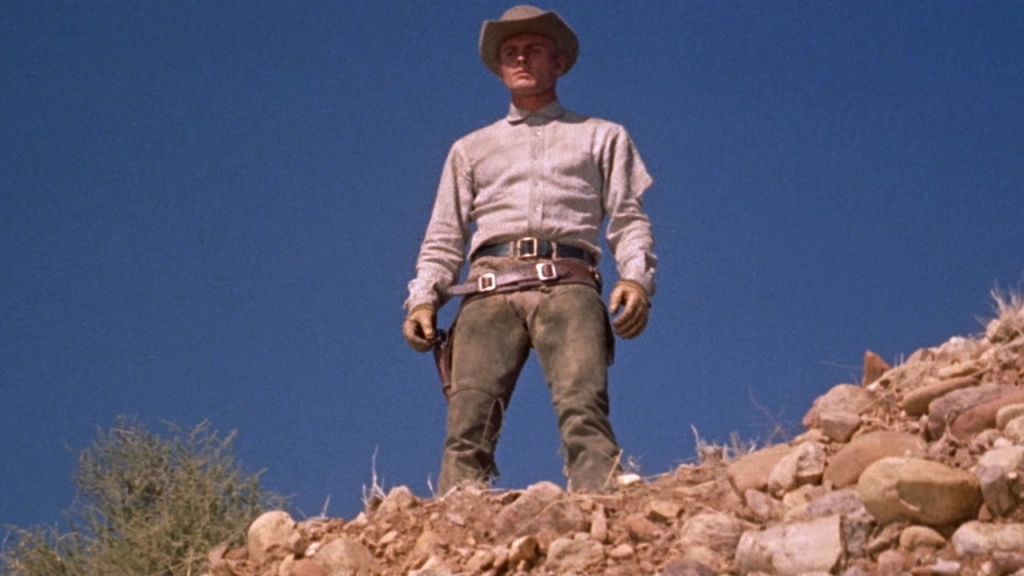
Phil Karlson: Themes and Style
Themes:
- Crime and Corruption: One of Karlson’s defining thematic preoccupations is the dark underbelly of society. Many of his films, especially his noirs and crime dramas, delve deep into the worlds of organised crime, corruption, and the individuals caught in the crossfire.
- Individual vs. System: Karlson often portrayed protagonists who stand against corrupt systems or institutions, whether they’re police departments, political entities, or criminal organisations.
- Revenge and Redemption: Characters seeking vengeance or redemption from a tumultuous past is another common thread in his films. Their journeys, fraught with moral complexities, are at the heart of his narratives.
- Human Resilience: Despite the grim realities and challenges presented in his movies, Karlson’s characters often showcase determination and resilience, echoing a faith in human strength.
Styles:
- Raw Realism: Karlson was known for his gritty portrayal of stories. He often chose real locations over studio setups, bringing authenticity to the narrative.
- Tense Pacing: His films are characterised by a gripping pace, with suspenseful sequences and intense climaxes. This is especially true for his crime dramas and noirs.
- Documentary-style Filmmaking: Some of Karlson’s works adopt a quasi-documentary style, adding a layer of realism to the story. The use of voice-over narration, newsreel-like footage, and realistic dialogue are trademarks of this approach.
- Stark Cinematography: Karlson’s films often used shadow and light contrast effectively, emphasising the noir atmosphere and drawing the audience into the murky worlds he depicted.
Directorial Signature:
- Character Depth: Karlson had a knack for creating multi-dimensional characters. Even his villains had depth and weren’t mere caricatures. This depth made for compelling character arcs and added layers to his narratives.
- Violence and Brutality: Unlike some of his contemporaries, Karlson did not shy away from showcasing violence on screen. However, it was never gratuitous. The violence in his films served a narrative purpose, often emphasising the harsh realities of the worlds he depicted.
- Moral Ambiguity: Karlson’s characters often operated in moral grey areas. This added complexity to his stories, making them more thought-provoking and less predictable.
- Focus on Underrepresented Stories: Many of Karlson’s films took on stories that mainstream Hollywood wouldn’t touch, especially those that hinted at corruption within respected institutions.
Phil Karlson – Great Director
